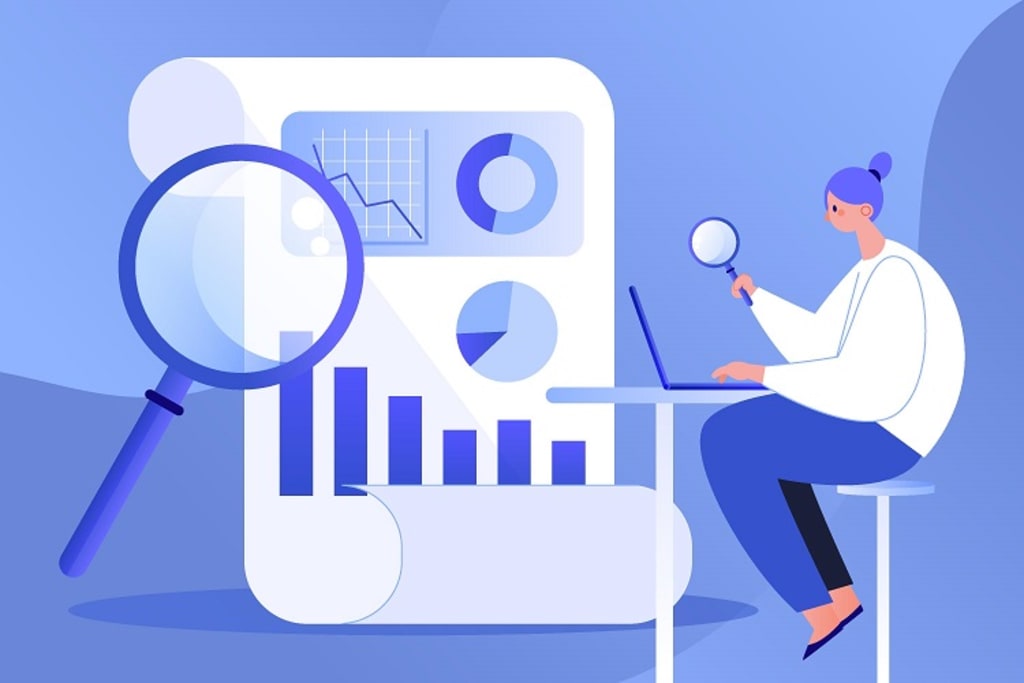
In today's world, data is king. And with the advent of data analytics, the finance industry has undergone a transformation like never before. The insights and predictions provided by data analytics have changed the way finance professionals think about their work and approach their decisions. With the increasing demand for data-driven decision-making in finance, data analytics courses and certifications have become more popular than ever before. As a result, professionals are upskilling themselves with data analytics knowledge and applying it to their work.
In this article, we will explore the fascinating ways data analytics is revolutionizing the finance industry.
Improved decision-making processes
Data analytics has enabled financial institutions to make informed decisions based on accurate and reliable data. In the past, financial institutions relied on intuition and experience to make decisions. However, the introduction of data analytics has made it possible for institutions to analyze large amounts of data quickly and accurately.
For example, with the use of machine learning algorithms, financial institutions can identify patterns and trends in customer behavior, which helps them to make more accurate predictions about future market trends. This information can be used to make informed decisions about investments, product development, and marketing strategies.
Enhanced customer experiences
Data analytics has also enhanced customer experiences in the finance industry. By analyzing customer data, financial institutions can gain valuable insights into customer behavior, preferences, and needs. This information can be used to improve products and services to better meet the needs of customers.
For example, banks can analyze customer transaction data to identify patterns in spending habits. This information can be used to develop personalized marketing campaigns that target specific customers with relevant products and services.
Reduced risks
Data analytics has also helped financial institutions to reduce risks. By analyzing data, institutions can identify potential risks and take proactive measures to mitigate them. For example, banks can use predictive analytics to identify customers who are at risk of defaulting on loans. This information can be used to intervene early and offer support to these customers, reducing the risk of default.
Data analytics has also helped financial institutions to identify fraudulent activities. By analyzing customer data, institutions can identify patterns of suspicious activity that may indicate fraud. This information can be used to take immediate action to prevent fraud and protect customer assets.
Increased efficiency
Data analytics has also increased efficiency in the finance industry. By automating repetitive tasks, financial institutions can save time and resources. For example, with the use of machine learning algorithms, financial institutions can automate loan processing, reducing the time and resources required to process loan applications.
Data analytics has also enabled financial institutions to streamline their operations. By analyzing data, institutions can identify areas of inefficiency and take proactive measures to address them. This can lead to cost savings and improved performance.
Customer segmentation
Customer segmentation is a process of dividing customers into groups based on similar characteristics, such as behavior, preferences, and needs. Data analytics can be used to analyze large amounts of data about customers, such as their purchasing history, demographic information, and online behavior, to identify patterns and group them into different segments.
Once the customers have been segmented, finance professionals can tailor their services to meet the specific needs of each group. For example, a bank can use customer segmentation to offer different types of credit cards to different segments of customers based on their spending habits and financial goals. A wealth management firm can use customer segmentation to offer investment products that are aligned with the risk tolerance and financial goals of each customer segment.
Data analytics is a game-changer for the finance industry, and professionals who possess data analytics training expertise are in high demand. By choosing the best data analytics course or training institute, finance professionals can upskill themselves and stay ahead of the curve in this dynamic and exciting field.
Data analytics is a powerful tool that has brought significant changes to the finance industry. It has enabled finance professionals to make data-driven decisions, identify potential risks, detect fraud, and make better investment decisions. The demand for data analytics skills is only increasing, and finance professionals who possess data analytics certification are well-positioned for success in the industry.
To gain expertise in data analytics, it is crucial to receive proper training and education. Choosing the right data analytics training institute or course can make a significant difference in one's career. The best data analytics courses provide a comprehensive understanding of data analytics tools and techniques, along with hands-on training and practical experience. A well-rounded data scientist training course can help professionals gain a deeper understanding of the field and enhance their career prospects.





Comments
There are no comments for this story
Be the first to respond and start the conversation.